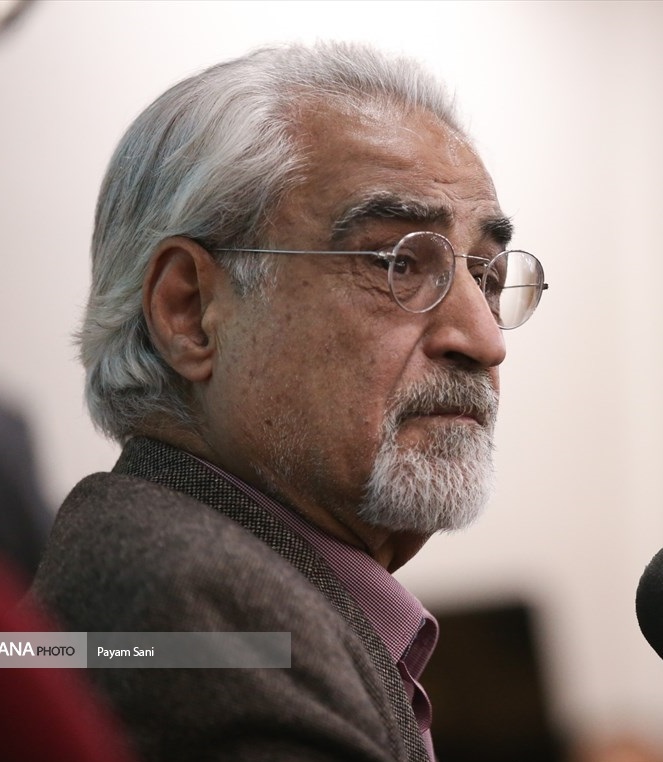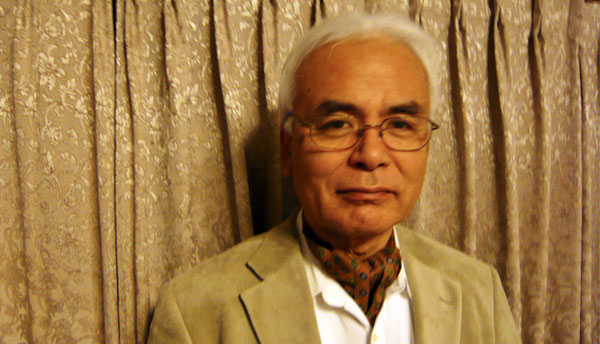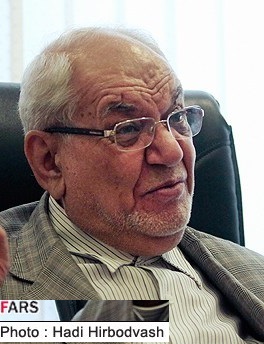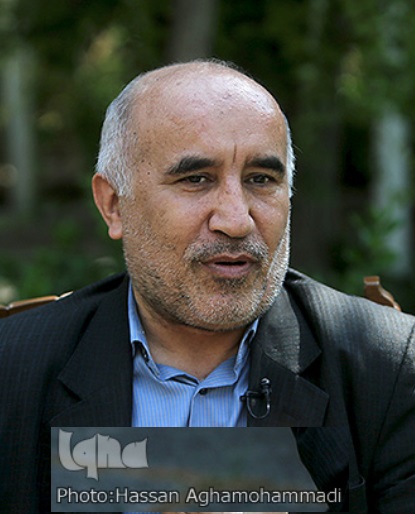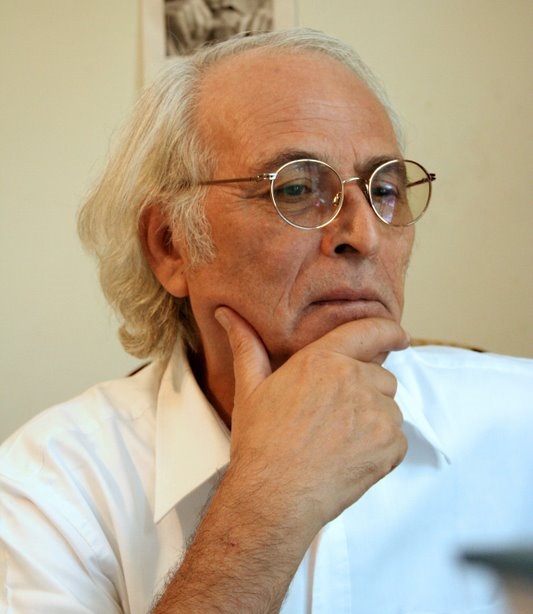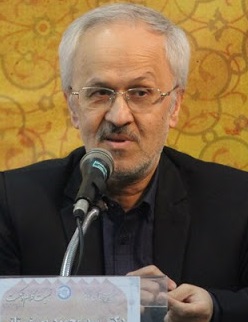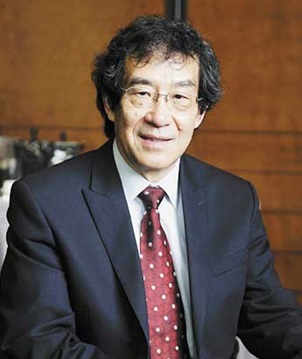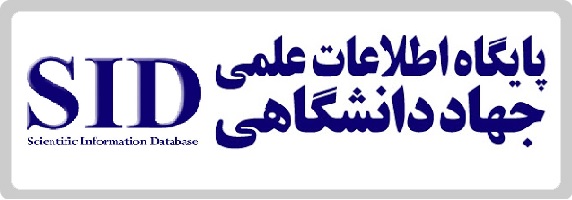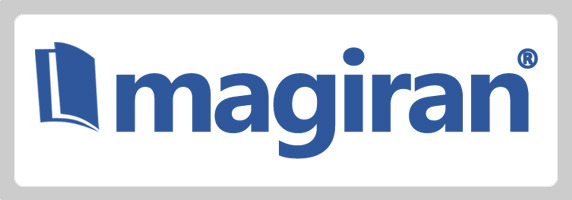Aristotle's Rationalism :A Reply to Barnes
Keywords:
Aristotle, Rationalism, intuition, nous, Posterior Analytics. BarnesAbstract
Aristotle is more concerned with sensory perception and experience than philosophers before him, treating it as a kind of knowledge. It seems that the role he assigns to senses in knowledge acquisition does not qualify him as an Empiricist, although it does for some commentators. Now we should see if there is sufficient ground for the attribution of Rationalism to him. Now can we attribute Rationalism to him? And if yes, then in what sense and to what extent is he a Rationalist? To answer the question, I begin by considering components of Rationalism (and those of Empiricism, for that matter), that is, innate ideas and intuition, and then discuss Aristotle’s position regarding these components given his various works, particularly the last chapter of his Posterior Analytics and with the focus on nous. Since there have been different interpretations of this chapter of Posterior Analytics, I deal with exegeses by commentators such as Jonathan Barnes and their claims as they concern my claim in this paper.




